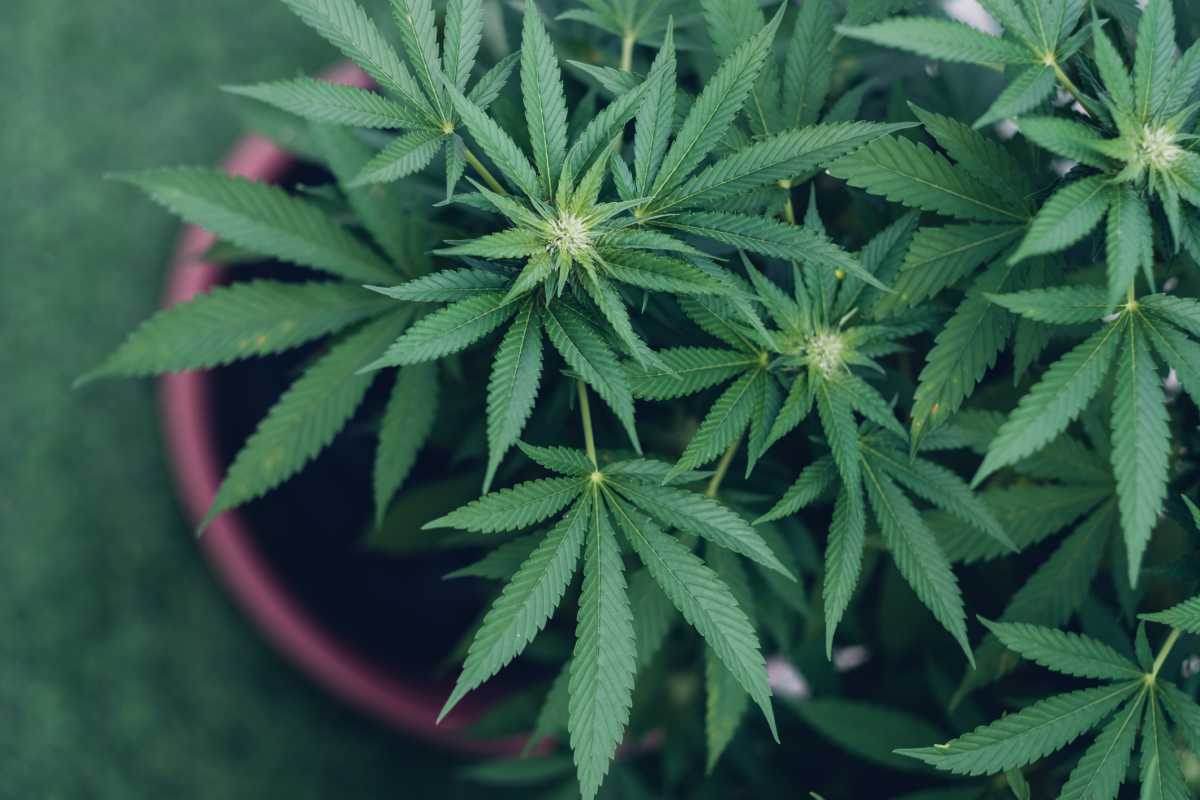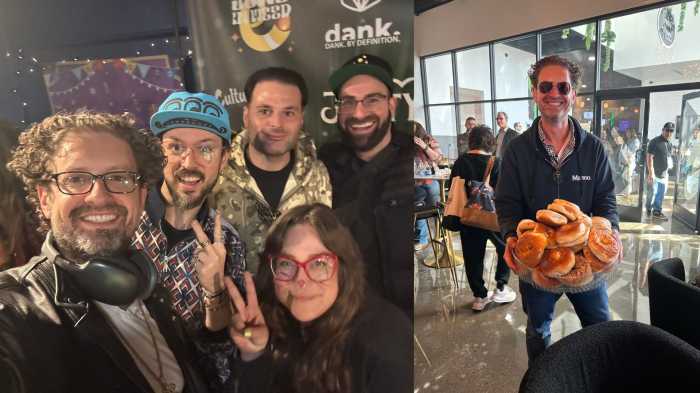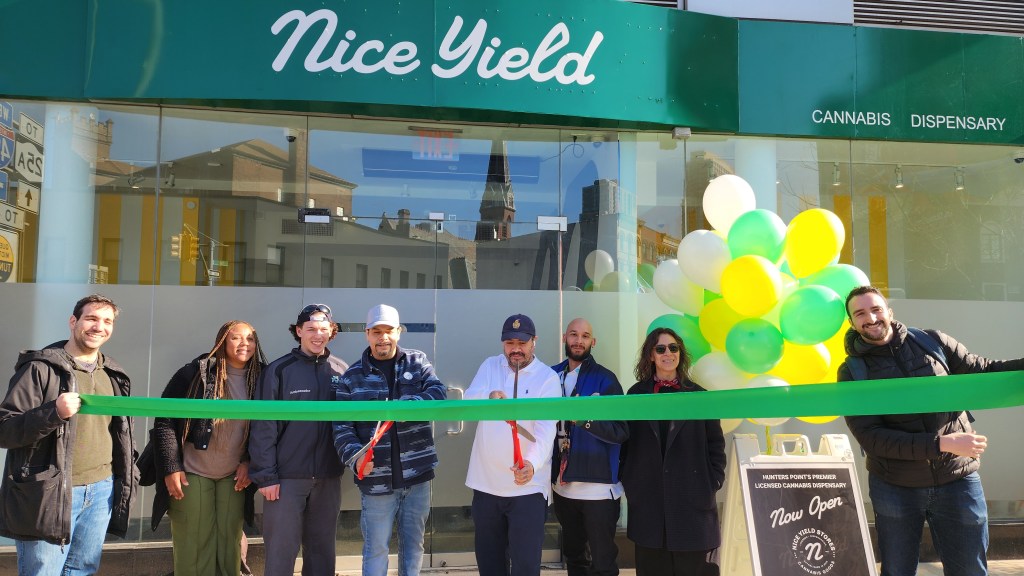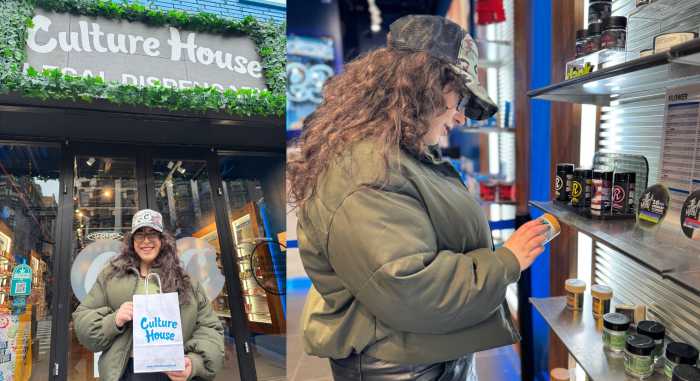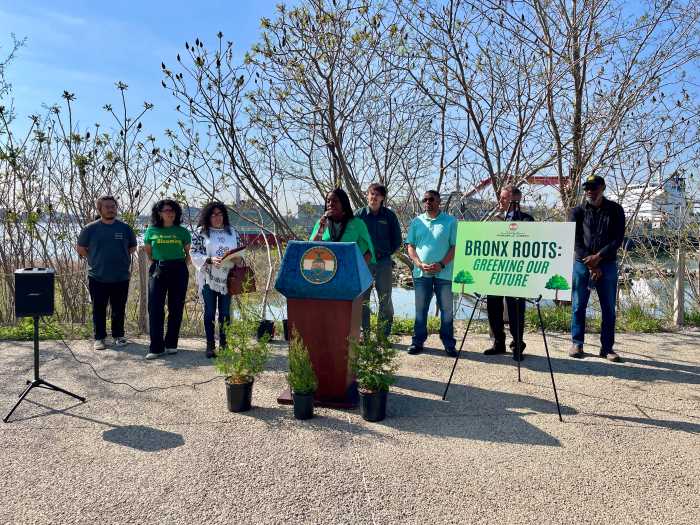Four years ago, New York planted the seeds of justice with the Marijuana Regulation and Taxation Act (MRTA)—a law designed not just to legalize cannabis, but to repair the harms of prohibition. Today, that seed has sprouted into a young sapling. But like raising a child, the choices we make now will define its character. Will we nurture a system rooted in integrity and fairness, or let it grow wild, choked by greed and neglect?
Every parent knows that early investments shape a child’s future. The MRTA started strong: 50% of cannabis licenses were reserved for social equity applicants, a national first. This was akin to teaching a toddler empathy—instilling values of fairness from day one. Over 400 dispensaries now operate statewide, generating $200 million in tax revenue, with 40% reinvested in education, drug treatment, and equity grants. These milestones mirror a child’s first steps—wobbly but full of promise. Yet, as any caregiver knows, early progress is fragile. Without sustained support, potential withers.
But today, cracks are showing. Over 70% of equity businesses remain unopened, paralyzed by funding gaps and bureaucratic delays. Imagine raising a child on grand ideals but denying them food, shelter, or protection from bullies. That’s the reality for equity entrepreneurs. The state’s promised $200 million private investment fund collapsed like a broken swing set, leaving businesses stranded. Meanwhile, illicit sales outpace legal ones by 100-to-1, a tidal wave of lawlessness that starves licensed shops of revenue. If we ignore these threats, we’re no better than parents who let their child run into traffic.
A child taught to cut corners becomes a reckless adult. Similarly, New York’s failure to enforce its own rules has emboldened bad actors. Illicit storefronts operate openly, undercutting licensed businesses that pay taxes, follow safety standards, and hire locally. This isn’t just unfair—it’s like rewarding a bully who steals lunch money while punishing the kid who plays by the rules. If we don’t intervene, the MRTA will grow into an industry that mirrors the worst of corporate exploitation, not the best of community stewardship.
To raise the MRTA right, we must parent with courage. First, establish a Cannabis Revitalization Fund offering grants—not loans—to equity operators. Parents don’t charge their children rent for living in their own home; why saddle marginalized entrepreneurs with debt? Second, expand microbusiness rights: Let farmers process their harvests, let small shops sell curated products, and slash red tape. This is the policy equivalent of teaching a child to ride a bike—providing training wheels until they find their balance. Third, enforce the law aggressively. Every unlicensed sale is a broken window; ignore it, and the whole neighborhood decays.
The stakes couldn’t be higher. By 2030, New York’s cannabis market could generate $4.2 billion annually, but only if equity businesses survive. Will we raise an industry that uplifts Black and Brown entrepreneurs, funds schools, and creates jobs? Or will we look back and see another extractive economy—a spoiled heir hoarding wealth while communities struggle?
This is about more than cannabis. It’s about who we are as a state. The MRTA was a promise to break cycles of harm, not perpetuate them. Let’s honor that pledge. Let’s fight for grants, not greed; enforcement, not excuses; and policies that reflect the Golden Rule we teach our kids: Treat others as you want to be treated.
Happy birthday, MRTA. You’re still young enough to learn. Let’s grow up right.



